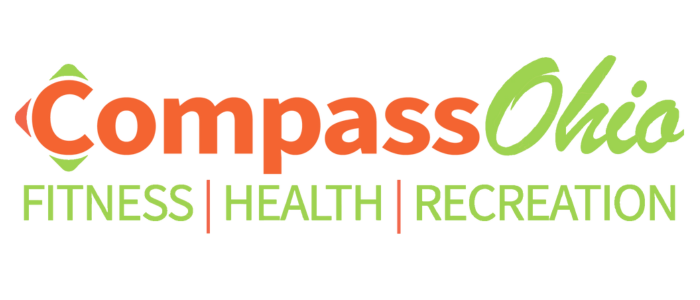A trip to the emergency room is never planned and it can happen when you least expect it. Quality care when minutes count is extremely important.
During a heart attack, time is of the essence. According to the Centers for Disease Control and Prevention, nearly half of sudden cardiac deaths occur outside a hospital, suggesting that many people don’t recognize symptoms and act on early warning signs. Recognizing the signs and getting help fast can save your life and minimize, or even reverse, the damage to your heart.
A heart attack occurs when blood and oxygen are cut off from the heart. When the supply is severely restricted for a long period of time, muscle cells are damaged and die, resulting in reduced functioning of the heart muscle. The sooner treatment begins to open blocked vessels and restore blood flow to the heart, the better your chance for a full recovery.
Know the Warning Signs and Symptoms of a Heart Attack
• Chest Discomfort: Uncomfortable pressure, heaviness, squeezing, tightness or burning that lasts more than two minutes, or goes away and comes back.
• Discomfort in Other Areas of the Upper Body: May be felt in one or both arms, the back, neck, jaw, or stomach.
• Shortness of Breath: This may occur with or without chest discomfort.
• Other Signs: May include breaking out in a cold sweat, nausea, vomiting, light-headedness, or extreme weakness and fatigue.

Women may have other, less common warning signs of a heart attack:
• Atypical chest, stomach, or abdominal pain
• Nausea or dizziness
• Shortness of breath and difficulty breathing
• Unexplained anxiety, weakness, or fatigue
• Palpitations, cold sweat, or paleness
If you think you’re having a heart attack, or someone you know has these symptoms, call 911 immediately — the longer you delay, the more damage to the heart.

5 Simple Ways to Improve Your Heart Health
1. Celebrate with a checkup: Let each birthday remind you that it’s time for your annual checkup with a primary care physician.
2. Get off the couch: Step, march, or jog in place for at least 30 minutes most days of the week. You can even do it while watching television.
3. Quit smoking in four steps: Can’t go cold turkey? Cut the number of cigarettes you smoke each day in half. Then, cut that number in half. Do it again and again. Before long, you’ll be smoke-free!
4. Get to a healthy weight: If you’re overweight, get healthy diet tips, healthy recipes and videos to help your weight loss program.
5. Learn the signs of a heart attack: Memorize or post the list of the signs and symptoms of a heart attack in a prominent location. And if you ever have symptoms, call 911 or go to the nearest emergency room for treatment immediately.
Article courtesy of Affinity Medical Center. For more information, consult their website at www.AffinityMedicalCenter.com/heart.
Heart Attacks Affinity Medical Center







